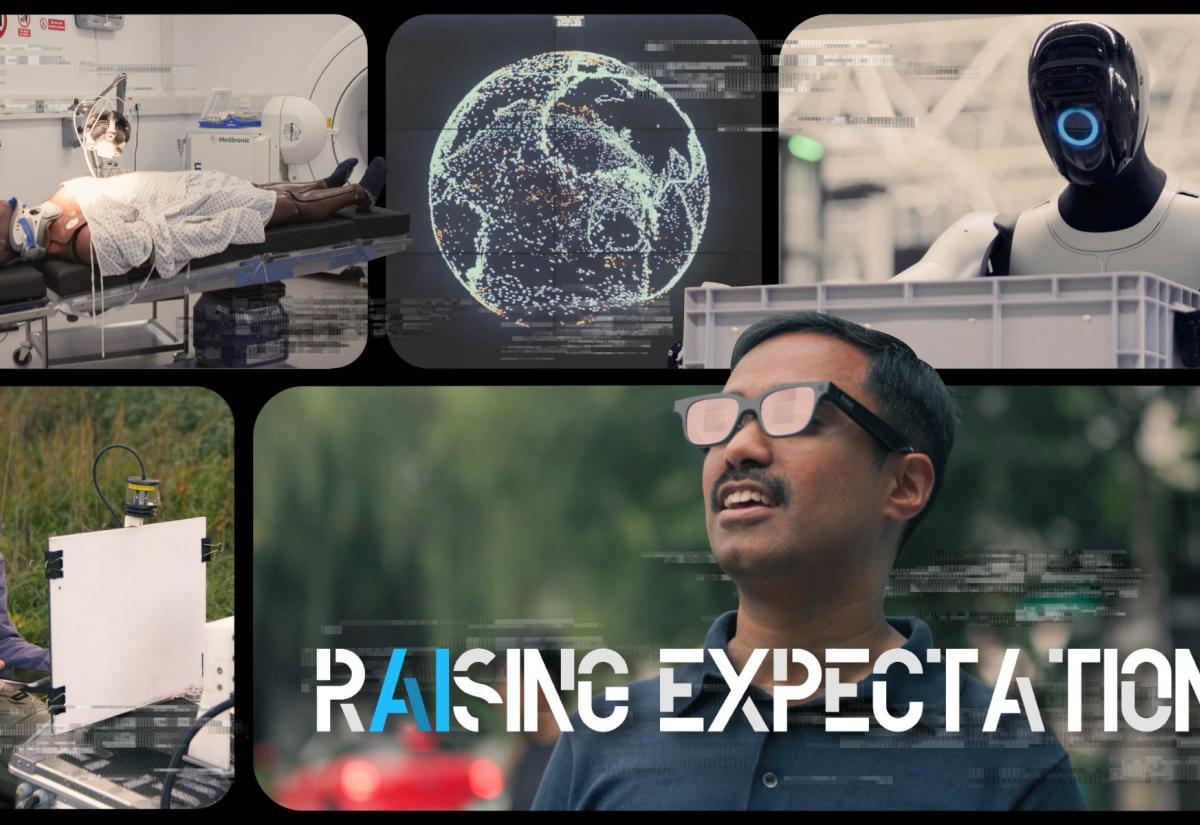The Executive Secretary of the UN Framework Convention on Climate Change (UNFCCC) Christiana Figueres delivered an inspirational speech to a captive audience yesterday for the GEG Annual Lecture 2015.
On the eve of COP21, this was Figueres’ only public speaking engagement in the UK before the Paris summit, and her lecture spread much-needed optimism across the room.
As suggested by the title of the lecture, Figueres started by talking about the need for a climate deal in Paris. She outlined not just one, but five imperatives for decisive action on climate change:
- The science imperative – a remarkable 97% of climate scientists agree on the basics of climate science. Figueres managed to get amusement in the audience when she said: “In the last few years a new species has become endangered: climate deniers."
- The moral imperative - with the Pope’s recent encyclical on climate change, all religions and science are finally agreeing on climate.
- The technological imperative – solutions and alternatives are not only more accessible, but often more profitable and competitive: the cost of solar power is lower, offshore wind energy has become more efficient.
- The economic imperative - it’s cheaper to address climate change now, than to not address it and leave it for later. This is particularly important for developing countries, which need to be supported in making the right choice.
- The political imperative – Figueres was strongly positive on the growing political will to take action. She mentioned the 155 national climate change plans (INDCs), what she described as a “previously unseen engagement”.
She added: “We’re moving in a good direction. Countries have different paces and different ways, but they are all going in the same direction.” She also appealed to the students in the audience: with such wealth of opportunities, possibilities and excitement, it's their generation who can make a difference in looking at how to address climate change.
Finally, Figueres shared four global governance lessons that have arisen from the process:
- Decisions can’t be taken just between the boundaries of states. We need to consider planetary boundaries.
- Solutions need to be localised, but the direction of travel needs to be globalised.
- The relation between public and private sectors is important, and we're finally realising that profit and principles don’t have to be against each other.
- Short-termism is over: we’re starting to look long term, and this is the only way we'll be able to address climate change
The Blavatnik School's Thomas Hale chaired the lecture. He has recently published the policy memo "Ratchet Up: Five tools to lift climate action after Paris", exploring five initiatives that can support the outcomes of COP21.
Read a blog from MPP student Alice Budisatrijo about the lecture.



